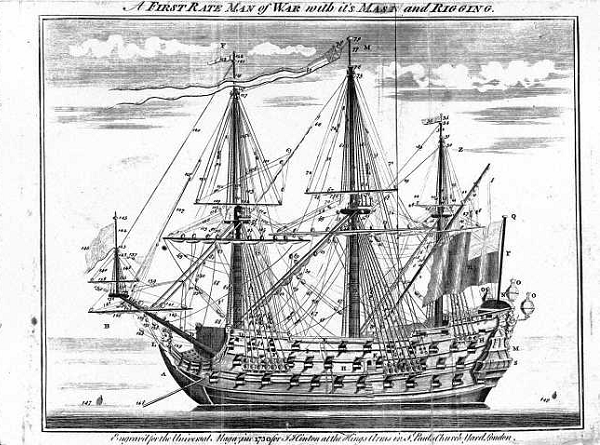Simply so much.. 01
Tuesday, September 29th, 2015[ by Charles Cameron — an experiment in blogging — morality transcending laws, the pope, battleships, jellyfish, & Catholic politicians ]
.
There’s simply so much going on that I need to try a few way of sifting and posting my daily catch. So here’s my experiment. Each day I’ll open a Simply so much post at the start of the day, adding things that catch my eye as I go, and posting either late in the day or the next morning.
**
The right to migrate trumps politics as usual:
The granting of asylum does not fall within the usual logic of statecraft in which a policy is considered from the perspective of the political interests of a governing party, taking into account how it will play to popular prejudices, how it fits with internal party disputes, its consistency with budgetary and other manifesto promises, its influence on the viability of other policies the government wants to pursue, and so on. None of these have standing in the face of the moral emergency of aiding refugees to regain their lives.
DoubleQuote that with Pope Francis: Government workers have ‘human right’ to deny gay marriage licenses:
It is the “human right” of government officials to say they cannot discharge duties that they believe go against their conscience, Pope Francis told reporters aboard the papal flight back to Rome on Monday.
“I can’t have in mind all cases that can exist about conscience objection,” the pope told reporters on the plane. “But, yes, I can say the conscientious objection is a right that is a part of every human right. It is a right.
“And if a person does not allow others to be a conscientious objector, he denies a right.”
See also the Stanford Encyclopedia of Philosophy (my emphasis):
On the most widely accepted account of civil disobedience, famously defended by John Rawls (1971), civil disobedience is a public, non-violent and conscientious breach of law undertaken with the aim of bringing about a change in laws or government policies. On this account, people who engage in civil disobedience are willing to accept the legal consequences of their actions, as this shows their fidelity to the rule of law. Civil disobedience, given its place at the boundary of fidelity to law, is said to fall between legal protest, on the one hand, and conscientious refusal, revolutionary action, militant protest and organised forcible resistance, on the other hand.
**
in the Remarks by His Majesty King Abdullah II at the 70th Plenary Session of the United Nations General Assembly, we find the following description of IS:
I am here representing Jordan, and as a God-fearing, God-loving human being. I am here as a father who wants his children, like yours, to live in a compassionate and more peaceful world.
Such a future is under serious threat from the khawarej, the outlaws of Islam that operate globally today. They target religious differences, hoping to kill cooperation and compassion among the billions of people, of all faiths and communities, who live side-by-side in our many countries. These outlaw gangs use suspicion and ignorance to expand their own power. Worse still is the free hand they grant themselves to distort the word of God to justify the most atrocious crimes.
That phrase, the outlaws of Islam, nicely finesses the ongoing dispute as to whether IS should be termed “nothing to do with Islam” or “Islamic”.
**
Three variants on the meaning of Man of War:
The British Man of War, c 1750
The Portuguese Man of War:
GF Handel‘s The Lord is a Man of War, from his oratorio Israel in Egypt, 1739:
Sources:
The British Man of War The Portuguese Man of War Handel’s Lord is a Man of War
Hm, that would have made a great post all by itself!
**
Great Andreessen-style DoubleQuote:
@pmarca 1959: Will the Catholic candidate be beholden to the Pope??? 2015: Why aren't the Catholic candidates beholden to the Pope?!?
— James Kaiser (@JamesKaiser_) September 28, 2015
And that’s a really interesting nested question right about now, eh?





